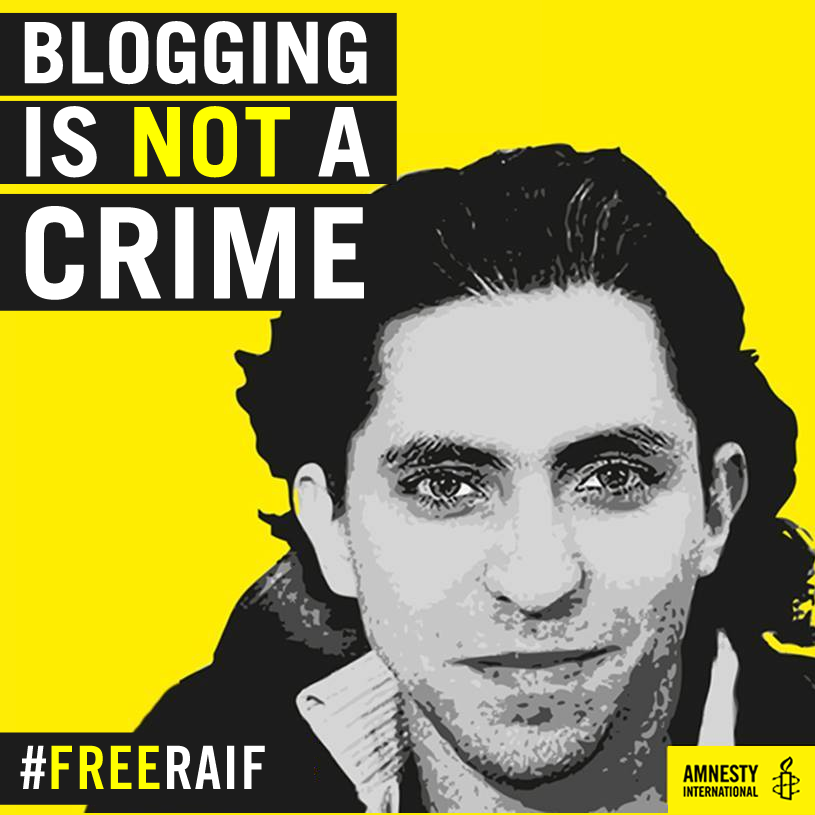Erdoğan vows to prevent Kurdish state in northern Syria, as Iran warns Turkey
Sunday, June 28, 2015
No comments
President Recep Tayyip Erdoğan vowed to prevent the establishment of a Kurdish state in northern Syria, while Iran warned Turkey over military intervention into its neighbor.
"I am addressing the whole world: We will never allow a state to be formed in northern Syria, south of our border," Erdoğan said at a Ramadan event organized by Turkish Red Crescent in Istanbul late June 26.
"We will keep up with our struggle whatever the cost is. They are trying to complete an operation to change the demographics of the region. We will not condone," he said.
"I am addressing the whole world: We will never allow a state to be formed in northern Syria, south of our border," Erdoğan said at a Ramadan event organized by Turkish Red Crescent in Istanbul late June 26.
"We will keep up with our struggle whatever the cost is. They are trying to complete an operation to change the demographics of the region. We will not condone," he said.
Turkey's pro-government media outlets have recently been claiming that Syrian Kurdish fighters who fought ISIL engaged in "ethnic cleansing" targeting Syrian Turkmens.
Erdoğan criticized those who supported the "#TerroristTurkey" hashtag on Twitter after the Islamic State of Iraq and the Levant (ISIL) launched on June 25 its second offensive to capture Kobane, a Kurdish town near Syria's border with Turkey.
"If you have honor and pride, how can you label a country as terrorist although it hosts people who fled Kobane?" Erdoğan asked, before slamming accusations that Ankara supported ISIL as "slander."
The president also accused the outlawed Kurdistan Workers' Party (PKK) and its Syrian affiliate PYD of preventing Turkey to help more to the people of Kobane.
"I strongly condemn the efforts to corner Turkey," he said, claiming that ISIL, the PKK and the Syrian regime were "aligned" to undermine Ankara.
The PYD's armed wing, the Kurdish People’s Protection Units (YPG), expelled ISIL fighters from Kobane on June 27 and took back full control of the town on the Turkish border, the Syrian Observatory for Human Rights monitoring group said.
Turkey’s government wants more active military action to support the Free Syrian Army (FSA) against the regime, Kurdish and jihadist forces in Syrian territory, but the military is reluctant to do so, playing for time as the country heads for a new coalition government, official sources told the Hürriyet Daily News.
Iranian ambassador speaks out
Elaborating on Turkish media reports, Iran’s Ambassador to Turkey Ali Reza Bikdeli said on late June 26 that any violation of territorial integrity of a UN member country would destroy Turkey’s capacity on maintaining peace and stability of Syria.
Asked reports that Turkey aims to intervene into Jarablus town of Syria, Iranian ambassador stressed that Turkey earlier refuted these claims.
“This issue came up several times. And at the time Turkey’s official authorities refuted this allegations,” Bikdeli said while speaking to members of Diplomacy Correspondents’ Association in Ankara.
“Violating territorial integrity of a UN member country would destroy all these capacities. We hope Turkey and Iran would jointly use their capacities to achieve peace and stability,” Bikdeli stated, referring to what he described as Turkey's "major capacity to maintain peace and stability in Syria."
read more >>
































